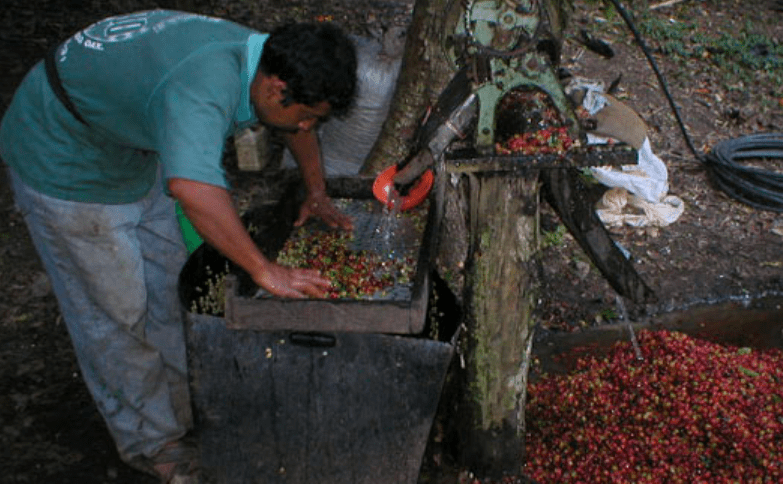Mexico has a total of 45,258 officially registered producers with organic certification, and coffee producers accounted for 87% of that total.
The number of vegetable crop producers increased 14% from 2020 to 2021.
Globally, the organic market offers enormous commercial and revenue potential for producers, processors and trading companies around the world.
According to Save Foods, the growing demand for various organic products has driven the demand for organic post-harvest treatments.
Increasingly, green and organic technologies are being developed in a global market and several suppliers of conventional postharvest products and equipment, such as Citrosol, Fomesa and Peroxychem, have seized the opportunity and are beginning to develop natural products.
Based in the United States, Save Foods is an agri-food technology company specializing in environmentally friendly crop protection that helps reduce food waste and ensure food safety.
The company develops ecological «green» treatments for the food industry to improve the food safety and shelf life of fresh produce.
It does this by controlling human and plant pathogens, thereby reducing spoilage and, in turn, food waste.
Organic certification
In livestock, beekeepers represent 99% of certified organic producers in Mexico, according to data from the United States Department of Agriculture (USDA).
The beekeeping industry had a 23% increase (3,360 more producers) from 2020 to 2021.
Meanwhile, the number of wild product harvesters decreased 68%, to a total of 13.
In 2021, there were only 10 certified organic seed producers.
Organic coffee producers are mostly indigenous community organizations, located mainly in the states of Chiapas, Oaxaca and Puebla.
These organizations export directly to niche markets and generate significant income.
The most successful organizations are UCIRI, CEPCO, ISMAM, Majomut, Yeni Navan, Tiemelonla Nich K Lum, Tosepan Titataniske, Tzeltal Tzotsil, Maya Vinic, and others.
Certified organic products are those that are produced, stored, processed, handled and marketed in accordance with precise technical specifications (standards), and certified as «organic» by a specialized body.
Once such an entity has verified compliance with the standards governing organic products, a label is awarded to the product.
This label will vary according to the certifying body issuing it, but it can be taken as a guarantee of compliance with the fundamental requirements of an «organic» product from farm to market.

